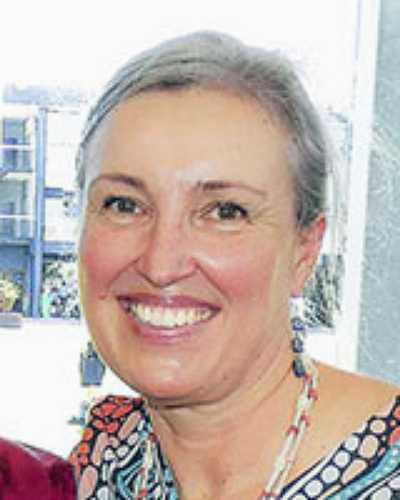Abstract
Objective: Our aim was to systematically review qualitative evidence regarding the experiences and perceptions of general practitioners and what factors influence their retention in remote areas of Canada and Australia. The objectives were to identify gaps and inform policy to improve retention of remote general practitioners, which should in turn improve the health of our marginalised remote communities.
Design: Meta-aggregation of qualitative studies.
Setting: Remote general practice in Canada and Australia.
Participants: General practitioners and general practice registrars who had worked in a remote area for a minimum of one year and/or were intending to stay remote long term in their current placement.
Results: Twenty-four studies were included in the final analysis. A total of 811 participants made up the sample with a length of retention ranging from 2 to 40 years. Six synthesised findings were identified from a total of 401 findings; these were around peer and professional support, organisational support, uniqueness of remote lifestyle and work, burnout and time off, personal family issues and cultural and gender issues.
Conclusions: Long term retention of doctors in remote areas of Australia and Canada is influenced by a range of negative and positive perceptions, and experiences with key factors being professional, organisational, or personal. All six factors span a spectrum of policy domains and service responsibilities and therefore a central coordinating body could be well placed to implement a multifactorial retention strategy.
Keywords: remote retention, general practitioner, family physician, rural and remote, health workforce.


